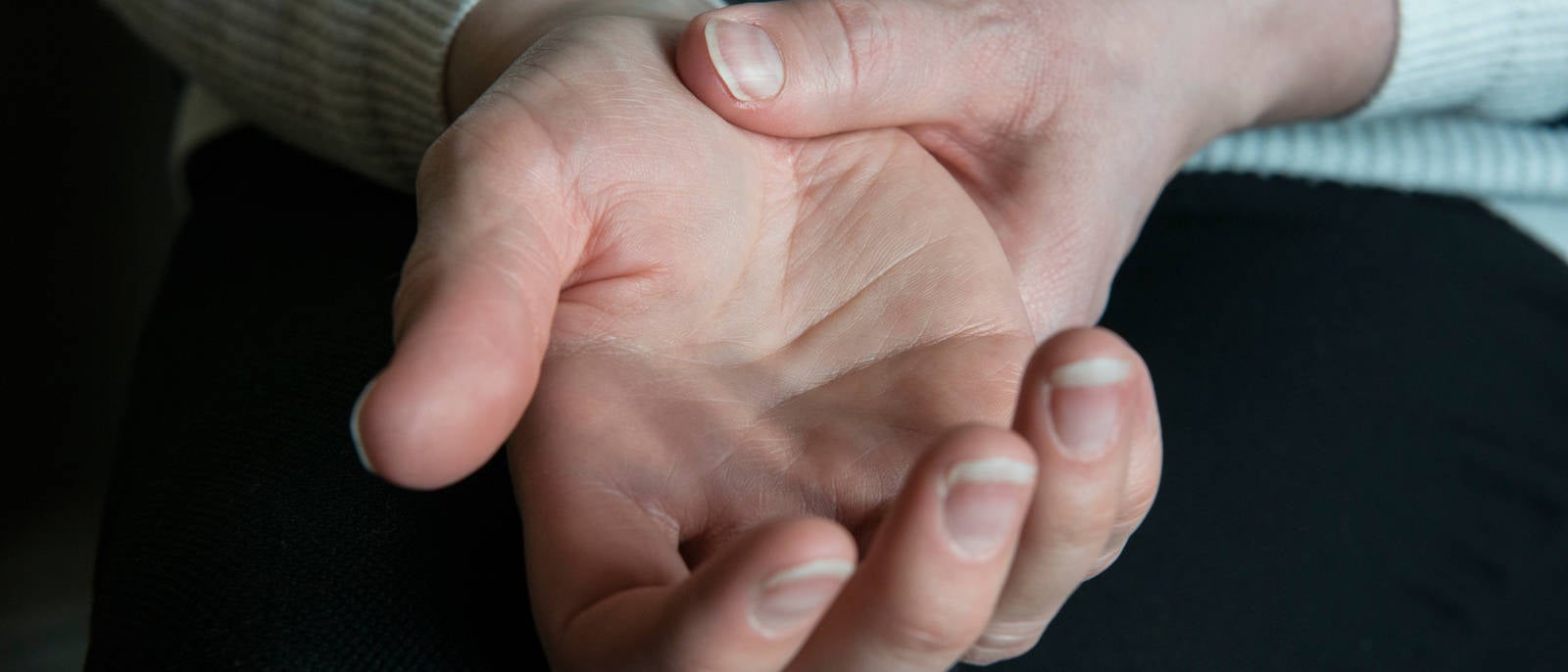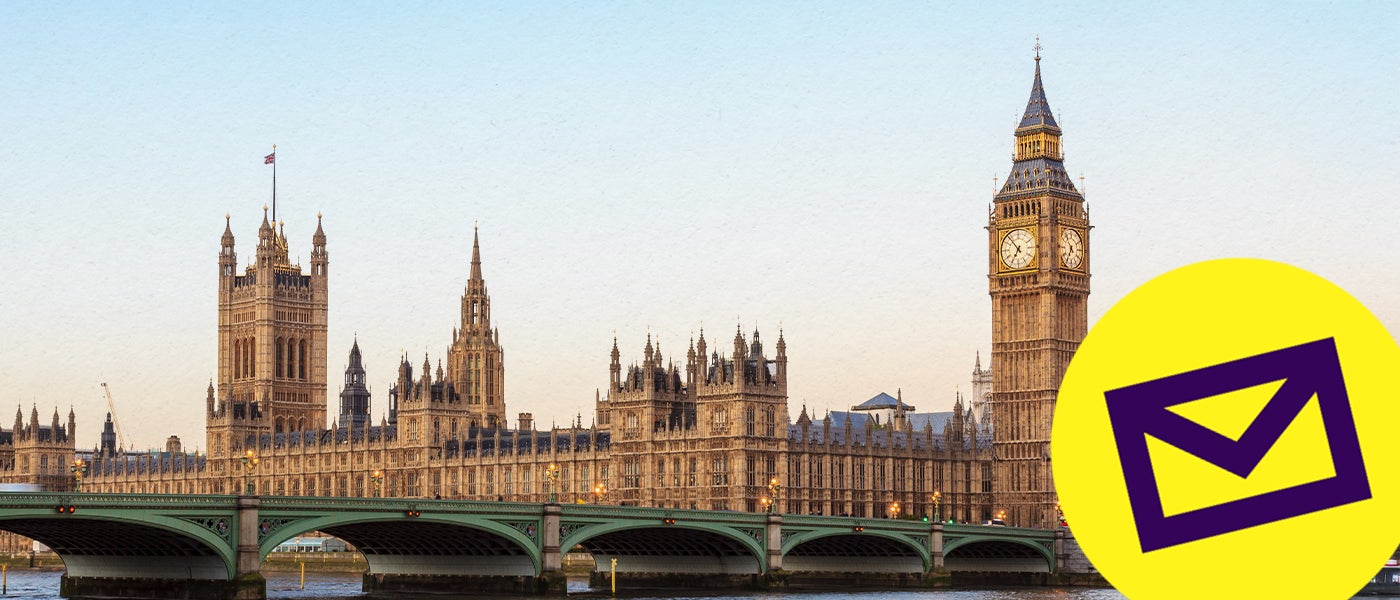- Home
- News and stories
- Coronavirus: what’s changed for disabled people
Coronavirus: what’s changed for disabled people
 6 April 2020
6 April 2020
The past few weeks have seen an unprecedented amount of change to people’s lives; locally, nationally and globally.
Alongside this, we’ve seen an unprecedented level of change for disabled people. Some changes have been negative, with suspensions of hard-won rights, and some positive, with improved access to financial support in many areas.
It’s a confusing and unnerving time, and many disabled people have specific concerns which need to be urgently and directly addressed.
At Scope, we are clear: the government and businesses providing essential services must consider the UK’s 14 million disabled people in the decisions they make in tackling the coronavirus crisis.
We’ve played an active role in communicating to the government and businesses the impact that coronavirus is having on disabled people and their families, and challenging decisions and practices which could have a negative impact.
There’s been a lot to take in over the past few weeks, so we wanted to summarise the key changes for disabled people, and what we’ve been calling for, and will continue to hold the government and businesses to account on.
Access to essential goods
Over the past few weeks, we have received numerous calls and queries from disabled people worried about panic buying leading to a lack of essential supplies and a scarcity of supermarket home-delivery slots.
Some chains are working with the government to identify people who are most in need of delivery slots, using the clinically extremely vulnerable person list. This is the list of people who have a medical condition which makes them particularly at risk if they catch coronavirus. The consumer organisation Which? has published a helpful summary of what the different supermarkets are doing to try meet demand for ‘vulnerable’ customers.
Everyone needs to play their part during this difficult time, and more coordination and guidance for businesses and the public is much needed. We’ve welcomed retailers upping their game by putting on special opening hours for disabled and older people, and encouraging people who can safely shop in-store to do so rather than ordering online. But the reality is that demand for delivery slots have gone up almost threefold in a very short period of time, making it harder for disabled people who can’t shop in-store to get vital supplies.
Even with the initiatives in place, too many disabled people are still finding it hard to get hold of food and essentials. This is particularly worrying for people who need to self-isolate or shield for 12 weeks. We are working with other charities to make sure the government and supermarkets do more to ensure those who have no choice but to use online delivery are able to get them.
Social care
Emergency powers in the Coronavirus Act have given local authorities the ability to temporarily suspend important rights and safeguards to access social care. We understand that public services are going to be under strain during this time, but we don’t think it’s right for disabled people to be denied vital support as a result.
Social care is an absolute lifeline for many disabled people, and chronic underfunding over time has left the system on the verge of crumbling at the best of times. With such an under-resourced system now facing greater need, at the same time as enormous strain on staffing, the government has made changes in a bid to prevent social care from completely falling apart.
The emergency legal powers in the Coronavirus Act could mean some people might not have all their social care needs met during the epidemic, and care assessments for people who have new or changing care needs in this time could be delayed. This risks leaving some disabled people with only absolute basic support, or even none at all, at a point where they may need it most.
We don’t think this is the right approach. Rights in the Care Act have been hard-won. We will continue to work with other disability organisations and urge the government to act and revise their decision, so that disabled people can receive the support they need throughout this national crisis.
We are also deeply aware of the need for social care workforce to be given the right personal protective equipment (PPE), so that disabled people aren’t put unnecessarily at risk of catching coronavirus because of needing care.
Support for families
There have also been some worrying changes for families with disabled children. Another provision within the Coronavirus Act, could mean some children with an Education, Health and Care Plan (EHCP) might no longer have the same guarantee of suitable education.
The Act has given local authorities the option to suspend the requirement on schools to admit a child where they are named in a child’s Education, Health and Care Plan (EHCP). This means that the government has the power to effectively downgrade the need to admit a disabled child with an EHCP from an ‘absolute requirement’ to a ‘reasonable endeavour’.
We are calling on the government to ensure no disabled child loses out on the educational and health support they need during this time.
Financial stability
A couple of weeks ago, the chancellor announced £350billion’s worth of emergency measures to support people in the wake of coronavirus.
• People affected by coronavirus will be able to access Statutory Sick Pay (SSP) from day one (rather than day four) of sickness absence. Scope has been calling for the removal of these ‘waiting days’ as part of our Stuck campaign to reform SSP. We will continue to lobby for the rate of SSP to be increased from £94.25 per week to minimum wage, and for it to be available to all workers, regardless of contracts.
• The government has temporarily paused counter-productive benefit sanctions. Rather than helping move disabled people towards work, benefit sanctions create additional stress and anxiety for disabled people which can make it harder to get into and stay in work. This change is long overdue.
• Face-to-face assessments for employment and support allowance (ESA), personal independence payment (PIP) and universal credit will be suspended for at least three months. Assessments will instead be conducted over the phone or on paper. This is another move we welcome and have long been calling for.
• The standard rate in universal credit and tax credits will be increased by £20 a week for one year from 6 April.
These welcome changes represent huge shifts in support for people, including disabled people. But at the moment they are temporary measures. As the peak of the crisis subsides, Scope will seek to make sure the government doesn’t roll back from providing the support disabled people need.
Rarely have we seen quite so much significant change for disabled people in such a short period of time – both for better and for worse.
We hope this will spark a seismic and permanent shift in public empathy, changes to employer attitudes around flexible working, and government policy around welfare and sick pay.
But there is still a lot more to be done to ensure disabled people are properly supported through a period of such unprecedented upheaval. And, crucially, it should not be at the expense of hard-won rights and protections.
 6 April 2020
6 April 2020







